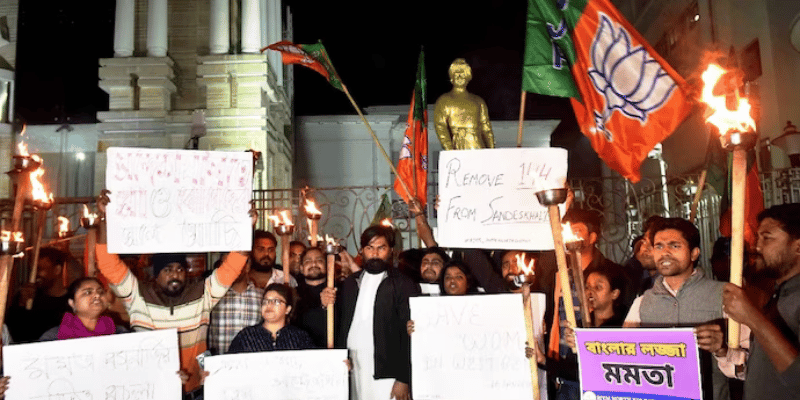Introduction to the Sandeshkhali Case Controversy
West Bengal has been the center of a significant legal controversy following an incident in Sandeshkhali that resulted in the state government challenging a High Court order. This introduction section will lay out the context of the Sandeshkhali case, the events that led to the legal battle, and the importance of the case in the larger framework of state versus central investigative authority in India.
The High Court’s Decision and West Bengal’s Response
In this part, we delve into the specifics of the High Court’s ruling that directed the Central Bureau of Investigation (CBI) to take over the Sandeshkhali case. We will analyze the implications of this decision, looking at both the legal aspects and the political overtones. Further, we will discuss West Bengal’s immediate response to the order, setting the stage for the state government’s appeal to the Supreme Court.
West Bengal’s Plea to the Supreme Court
The core of the blog post lies in the detailed examination of West Bengal’s plea to the Supreme Court. Here, we will articulate the state’s argument that the High Court’s order violated legal protocols and infringed upon the state’s jurisdiction. The state’s contention, as well as its legal basis for challenging the High Court’s directive, will be discussed thoroughly.
Legal Precedence and the Federal Structure of Investigations
This section will focus on the legal precedents related to state versus central investigative powers and what the federal structure of India says about such scenarios. It will provide readers with an understanding of past cases that may have similarities with the Sandeshkhali case, and how those cases were resolved. It will also shed light on the delicate balance of power between state and central agencies when it comes to investigating crimes.
Possible Outcomes and Implications
Here, we will consider the potential outcomes of the case based on different scenarios. This section will hypothesize about the Supreme Court’s possible ruling and its implications for federalism, state autonomy, and the functioning of investigative agencies in India. It will also touch upon how this decision may affect future investigations and the distribution of power between state and central agencies.
